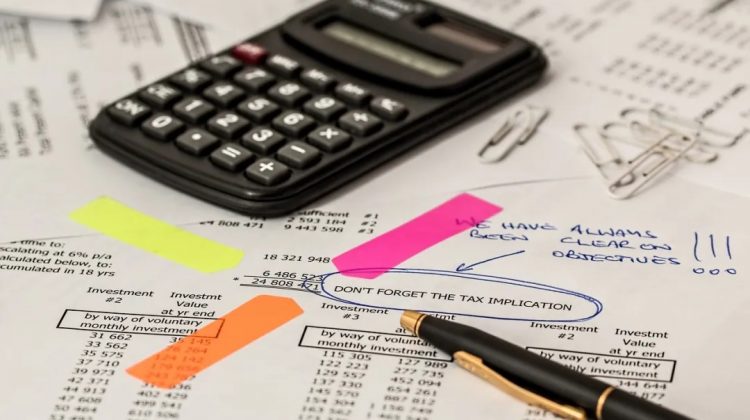
Tax Risks for Foreign Expatriates in China
who have not physically stayed in China for noless than 183 days for six consecutive years.
The special group is exempted from paying Chinese IIT on their foreign-sourced income which is not paid or borne by a company or an individual in China.
transaction targets, e.g. income from transfer of immovable property located outside China and from transfer of equity investment in enterprises located outside China.

The details to be reported include all personal information, income information and tax payment information.

According to the current Chinese tax regulations, for foreign expatriates who hold a position with a Chinese employer only, the salary paid by the Chinese employer should anyway be fully subject to Chinese IIT, irrespective of how many days the expatriates stay in China or where the work related to this position is carried out.
Under normal circumstances, foreign expatriates carry out most of the employment related activities in China to contribute to the daily operation of the Chinese employer and to perform professional and management tasks on site. This means that usually such expatriates would not stay in their home country for more than 183 days either in a calendar year or a rolling year. As a result, their salaries should be regarded as China-sourced income, and the home country of the expatriates should give up the taxation right on these salaries, in accordance with most international tax treaties. Therefore, double taxation dispute would not arise.
But when the foreign expatriates stayed in their home countries for more than 183 days in a calendar year before their returning to China, or even continue to base in their home countries, the tax consequences would become complicated and even undesirable.

ii) if he/she would not become a tax resident of the home country even by staying there for more than 183 days, it could happen that the expatriate is tax resident of nowhere for the calendar year. In principal, no double tax treaty could be applied in such case, while the home country could claim for income taxation on salary income (borne by the Chinese employer) according to their domestic law based on the fact that he/she stays there to carry out employment-related activities for a certain period of time. As a result, double taxation could also be triggered if China also claims the full taxation right on the salary income.
Things could look better if the expatriate is considered as domiciled in China, e.g., in cases where he holds a Chinese green card, is settled down with family in China and all the economic interests are closely related to China, etc. In this circumstance, even if the expatriate stays in China for less than 183 days, he is still a Chinese tax resident and could claim for Chinese tax credit on his foreign income tax by referring to the double tax treaty between China and the foreign country. However, in such case, such a status change may lead to his worldwide income being subject to Chinese income tax on a long-term basis.
Even if with the travel restriction in China has been removed, the taxation under cross-border employment or business arrangements is always complicated. Due to the diversification in tax laws as well as the discrepancy in understanding and interpretation on tax treaties in different countries, to solve and avoid double taxation is never an easy topic. It requires detailed case-by-case analysis, and a close cooperation between experienced tax advisors from all involved countries.
Our Recommendation
In general, the declaration of foreign-sourced individual income in Chinese IIT filings demands relatively higher professional expertise, as it requires detailed assessment, and complicated calculation. We recommend concerned taxpayers, especially high net worth individuals who have diversified income categories derived in- and outside China, to seek for professional assistance where necessary, to mitigate their tax compliance risks in China.
